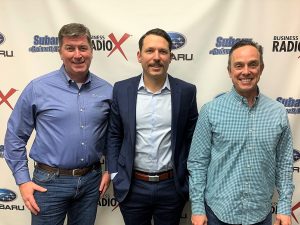
“Regions Business Radio” covers financial topics such as banking and lending, mortgages, wealth management and more. The program also allows listeners to get to know some of the top executives from Regions Bank.
Hosted by J.D. Mealor, Senior Vice President and North Georgia Market Executive, “Regions Business Radio” streams live on the second Friday of every month on Business RadioX. All episodes are also available for download on Apple iTunes, iHeartRadio, Spotify, Google Podcasts, or wherever you enjoy your favorite podcasts.
“Every day, Georgia’s most brilliant business leaders are innovating for consumers and contributing to the quality of life in the communities we call home,” Mealor said. “At Regions Bank, we deliver customized financial insights and guidance to our clients at all times, and this new program will give our team an opportunity to reach even more people through the experience and knowledge of Regions’ professionals.”
Phil Bonelli/Regions Bank
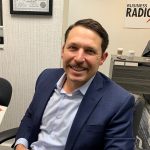 Regions Financial Corporation (NYSE:RF), with $145 billion in assets, is a member of the S&P 500 Index and is one of the nation’s largest full-service providers of consumer and commercial banking, wealth management, and mortgage products and services. Regions serves customers across the South, Midwest, and Texas, and through its subsidiary, Regions Bank, operates approximately 1,400 banking offices and 2,000 ATMs. Regions Bank is an Equal Housing Lender and Member FDIC. Additional information about Regions and its full line of products and services can be found at www.regions.com.
Regions Financial Corporation (NYSE:RF), with $145 billion in assets, is a member of the S&P 500 Index and is one of the nation’s largest full-service providers of consumer and commercial banking, wealth management, and mortgage products and services. Regions serves customers across the South, Midwest, and Texas, and through its subsidiary, Regions Bank, operates approximately 1,400 banking offices and 2,000 ATMs. Regions Bank is an Equal Housing Lender and Member FDIC. Additional information about Regions and its full line of products and services can be found at www.regions.com.
Jeff Forrestall/Forrestall CPAs
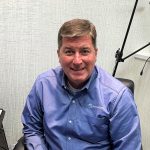 Forrestall CPAs is a leading metro Atlanta CPA firm offering a full range of CPA Firm services. Founded in 1978, Forrestall CPAs is one of the oldest and most experienced CPA firms in Gwinnett and Hall Counties. Forrestall CPAs was voted the “Best Accounting Firm in Gwinnett” for 2019 for the tenth year by Gwinnett Magazine. The Firm was ranked as one of the fastest growing CPA Firms in Atlanta for six years by the Atlanta Business Chronicle.
Forrestall CPAs is a leading metro Atlanta CPA firm offering a full range of CPA Firm services. Founded in 1978, Forrestall CPAs is one of the oldest and most experienced CPA firms in Gwinnett and Hall Counties. Forrestall CPAs was voted the “Best Accounting Firm in Gwinnett” for 2019 for the tenth year by Gwinnett Magazine. The Firm was ranked as one of the fastest growing CPA Firms in Atlanta for six years by the Atlanta Business Chronicle.
This information is general in nature and is provided for educational purposes only. Regions makes no representation as to the accuracy, completeness, timeliness, suitability or validity of any information presented and Regions does not accept liability for any direct or indirect loss stemming from the application of any material. Information provided and statements made by employees of Regions should not be relied on or interpreted as accounting, financial planning, investment, legal or tax advice. Regions encourages you to consult an appropriate professional concerning your specific situation and irs.gov for current tax rules.
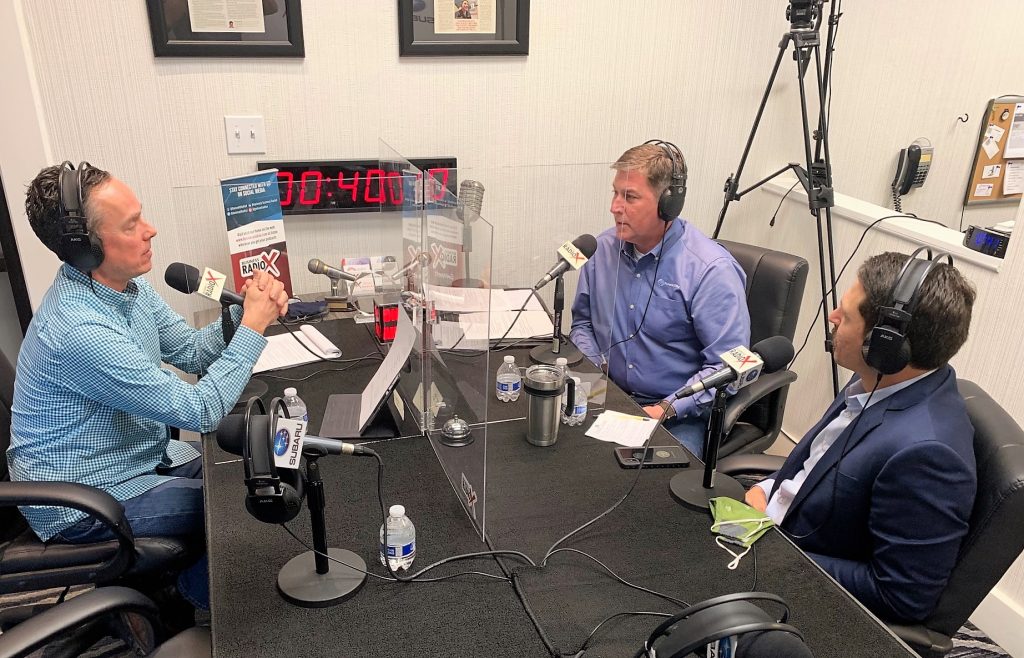

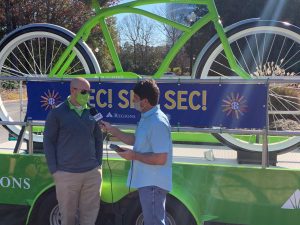
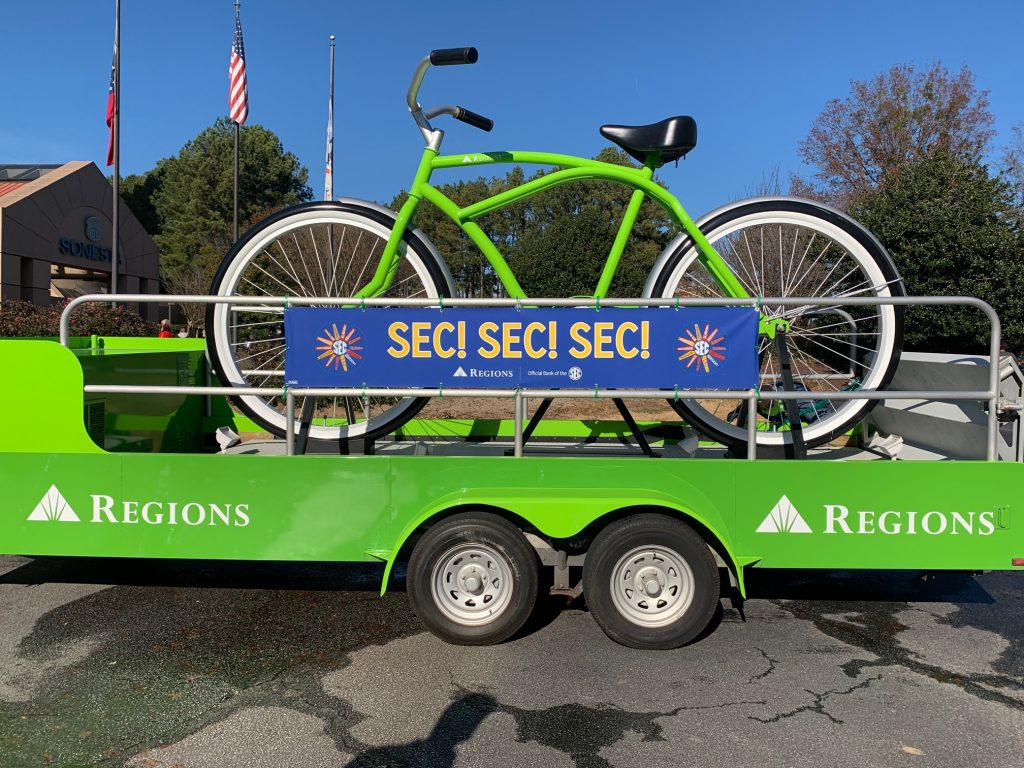

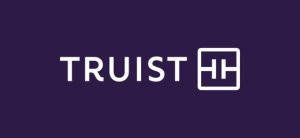
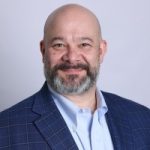 Mike Skordeles is head of U.S.economics and a senior vice president at Truist Advisory Services, Inc. He’s responsible for analyzing the U.S. and global economies and financial markets as well as helping formulate and communicate investment strategy, and publishing commentaries for our clients.
Mike Skordeles is head of U.S.economics and a senior vice president at Truist Advisory Services, Inc. He’s responsible for analyzing the U.S. and global economies and financial markets as well as helping formulate and communicate investment strategy, and publishing commentaries for our clients.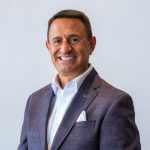 Scott Stearsman is the head of small business banking for Truist Financial Corporation. In this role, he is responsible for the small business banking segment and the delivery of financial products and services to more than 1 million small business owners and entrepreneurs.
Scott Stearsman is the head of small business banking for Truist Financial Corporation. In this role, he is responsible for the small business banking segment and the delivery of financial products and services to more than 1 million small business owners and entrepreneurs.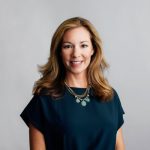 Katie Saez is Executive Vice President and Georgia Regional President for Truist Financial Corporation.
Katie Saez is Executive Vice President and Georgia Regional President for Truist Financial Corporation.
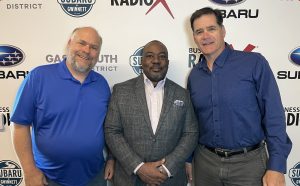
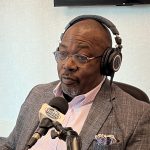
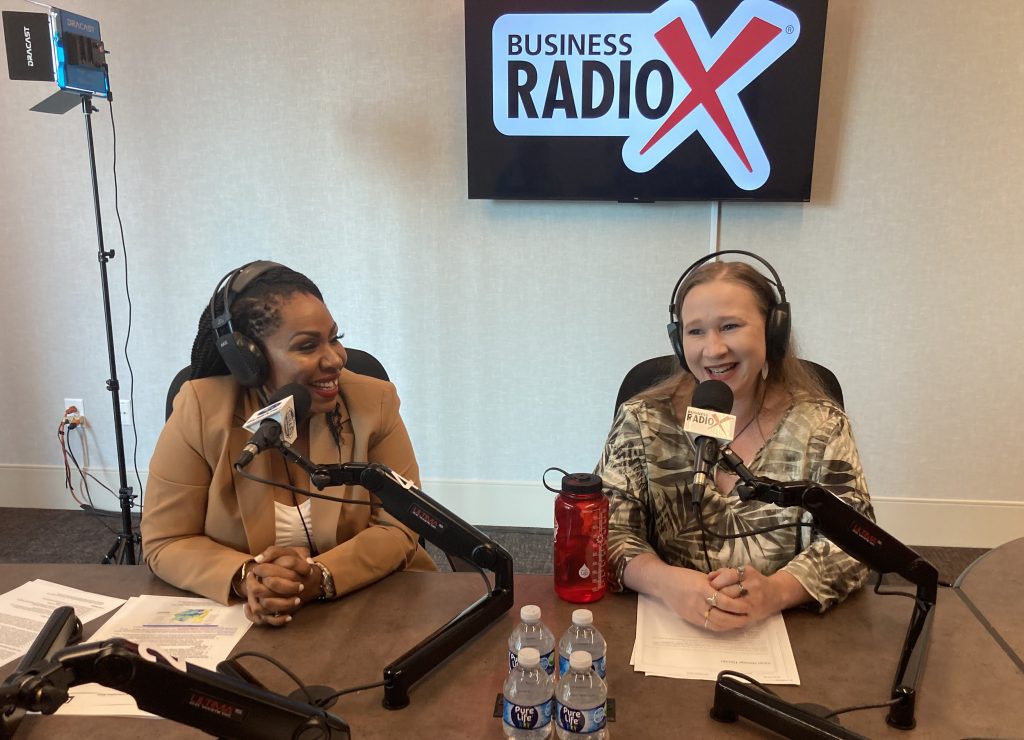

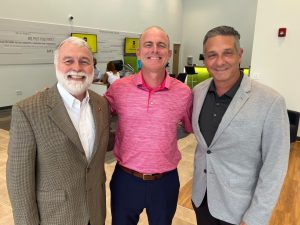
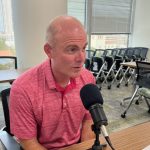
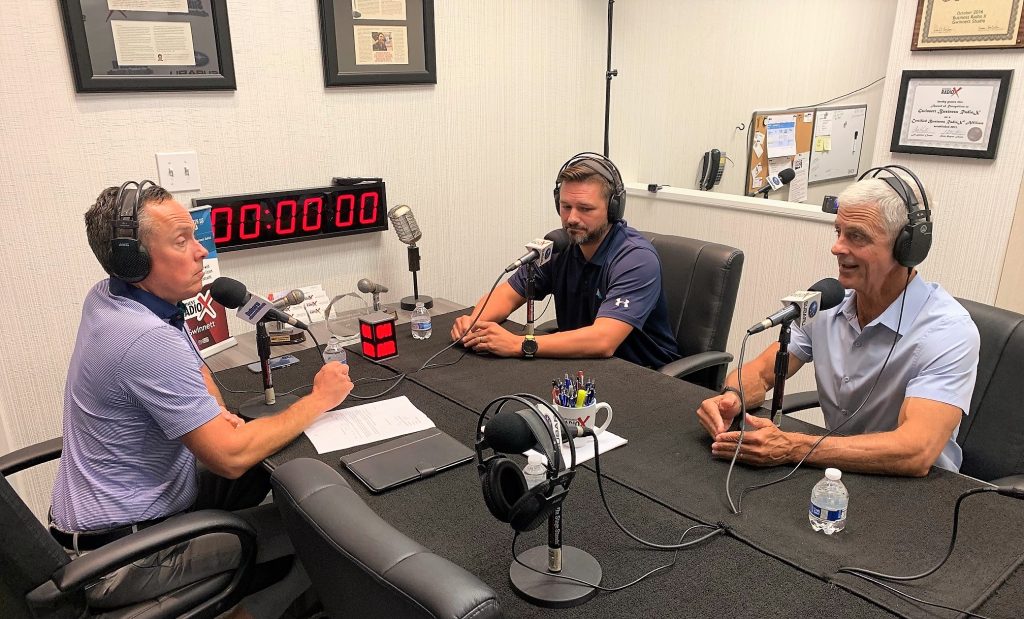
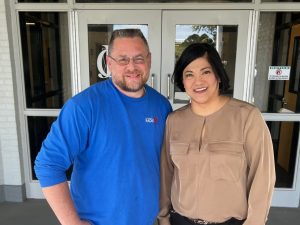
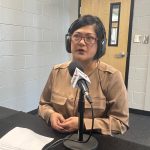

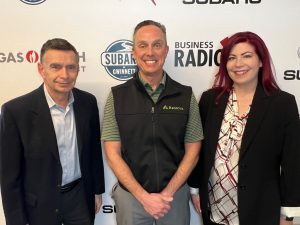
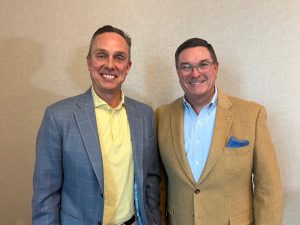
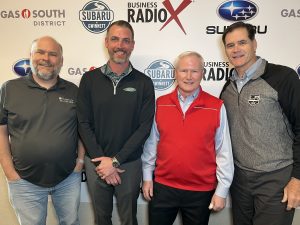
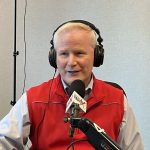
 As a Financial Advisor of
As a Financial Advisor of 













